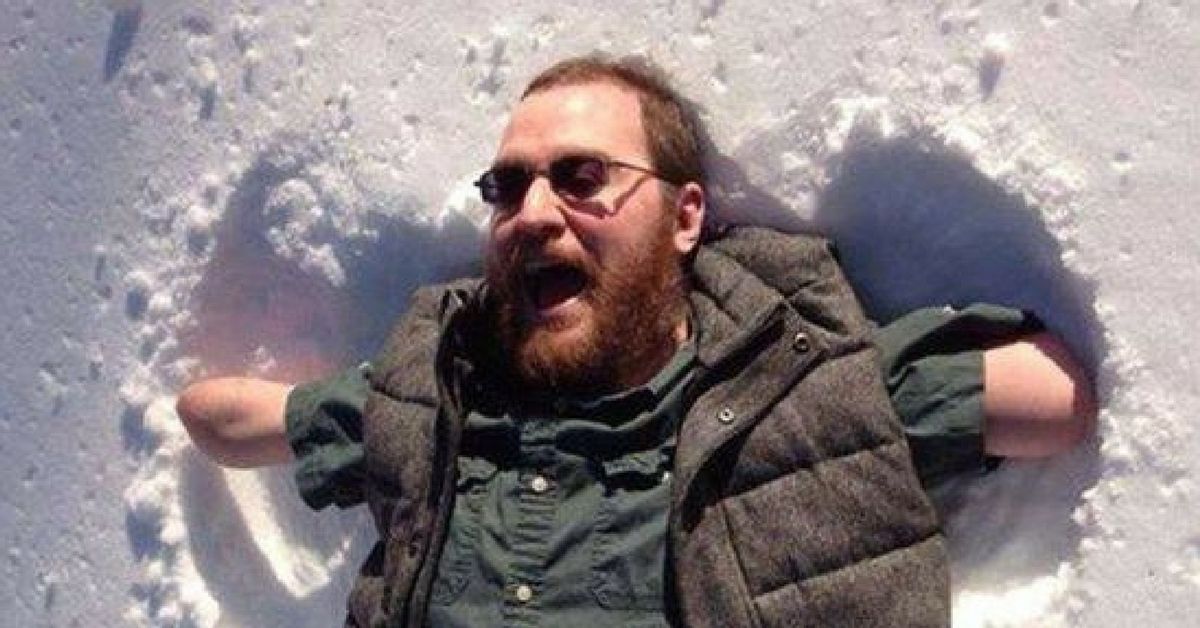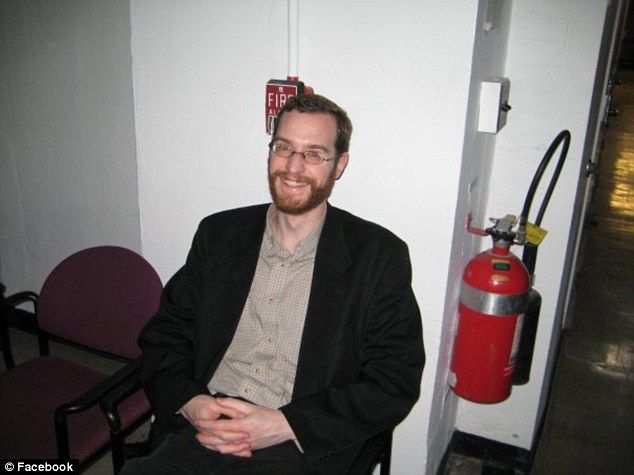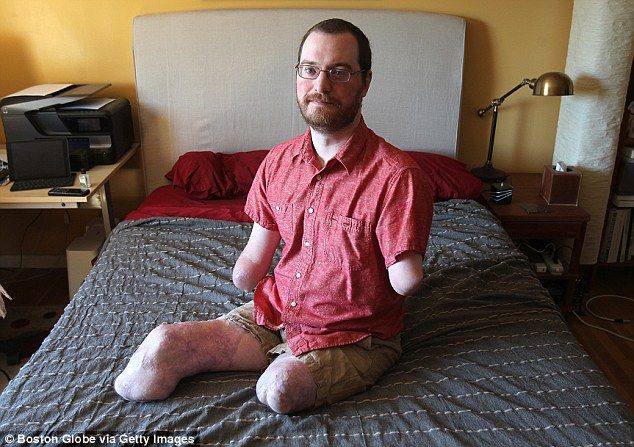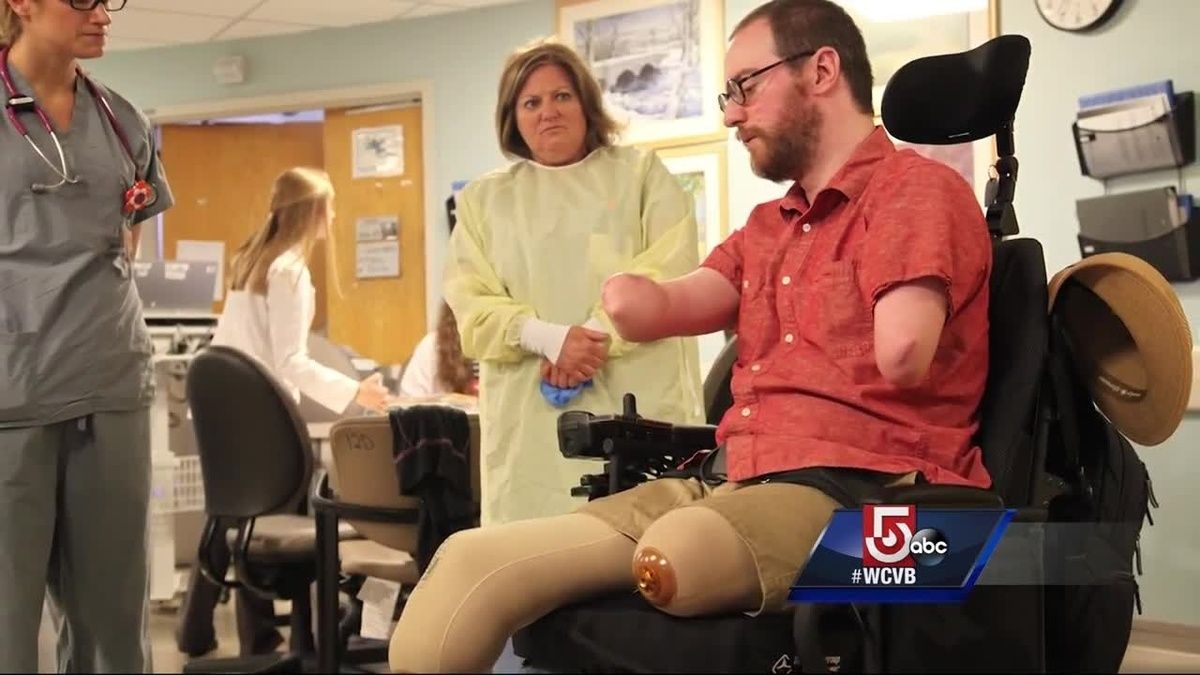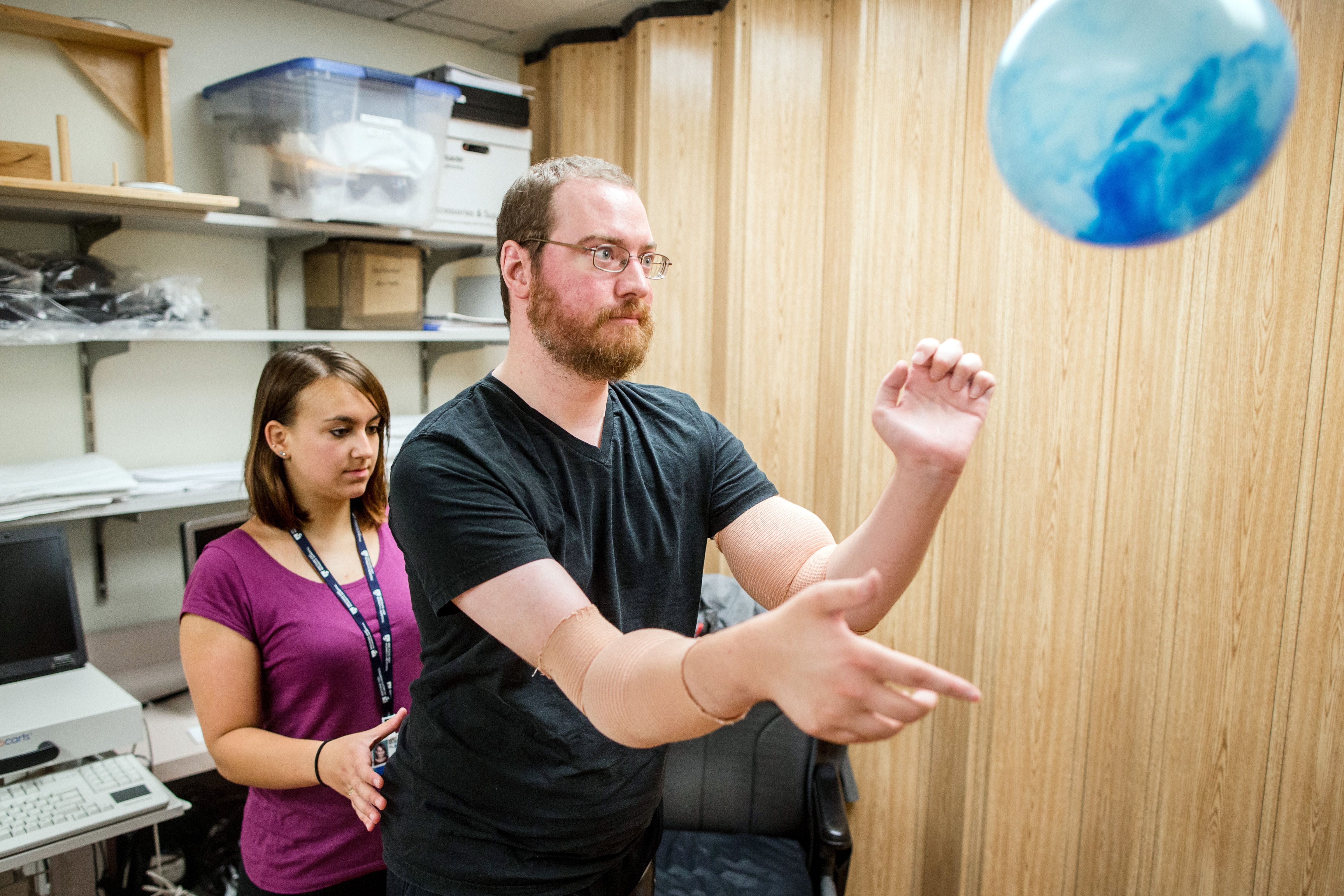It is all of our worst nightmares. Waking up one day with some pain that we can't explain, and then watching it slowly turn into a medical emergency that shakes the fabric of our lives.
It's going from having an infection that you didn't realize was serious to being told by doctors that they have to amputate everything. All in one week.
This was the horror that faced William Lautzenheiser, who lost his arms at the elbows and both of his legs from the knees down. He was infected with an outbreak of group A strep infection, and before long was facing the dire consequences of the disease.
It spread to his organs and muscle tissue, breaking them down inside of his body until the skin began to rot and turn black.
"Absolutely dead," said Lautzenheiser. "There was no feeling. There was no sensation."
There was nothing that Lautzenheiser could do, except come to terms with his affliction and try to imagine his life as an amputee.
"It was a very challenging time," Lautzenheiser said. "I felt like I was a newborn trying to get used to a body that just was totally unfamiliar."
It was understandably difficult. How many of us can say that we could really be prepared to accept the loss of something so integral to how we picture ourselves? Our bodies are part of our person, and if we lose a part of that, we lose a part of what makes us "us."
But when it comes to life's hardships, all anyone can really do is learn to bear the weight of the consequences and solider on.
It took a lot for Lautzenheiser to reach that point, and it took much convincing until he let himself really begin to deal with it.
"I'm not going get my arms back. I'm not going get my legs back. This happened. I have to figure it out. And, really, the motto became, 'Figure it out,'" he said.
That's when he realized the absurdity of his whole situation, and was able to do the unimaginable, laugh about it.
Lautzenheiser said he managed to take stock of his life and found the ability to heal through humor.
From that point on, his life had taken a dramatic turn for the better!
Before the infection robbed him of his arms and legs, Lautzenheiser was working his way towards a career in film and was teaching courses at the University of Montana when the disease struck.
Funnily enough, in order to bring back the light in his life, he started doing stand-up comedy at a local club, saying he wanted to put his "best foot forward."
He said jokes were the one way he could really come to terms with what had happened to him.
"It was schoolground currency to have a new joke about a man with no arms and no legs," Lautzenheiser said. "And then I became a man with no arms and no legs. And I thought, oh my goodness, I'm THAT guy!"
Not long after the amputation, Lautzenheiser was informed of the possibility of an arm transplant. While there were many side effects and risks to consider, even if the surgery was successful, he decided it was something he wanted.
"Losing a hand is really only secondary to a face in terms of the social effect it has on us," he said. "In reverse, gaining a hand back gives us not only the function, but it also gives us back the opportunity to fit into society in a more natural way."
The operation was a success, and Lautzenheiser has never looked back. At first it was difficult for him to adjust to the new arms (which were from a deceased donor), but little by little Lautzenheiser is getting the hang of them.
"Every few days, there's something that I try out that I hadn't maybe attempted to do before and, more often than not, I can actually do it now," he said.
At first, the donor and his family remained anonymous, but after the story went viral they reached out to Lautzenheiser.
"Our son gave the best hugs. We pray that you make a wonderful recovery and that your loved ones will be able to enjoy your warm embrace," they said.
As a way of moving forward with his life, and looking back at how far he has come, Lautzenheiser was subject to a documentary that highlights his extraordinary journey and how others can learn from his positive example.
Stumped shows how his enthusiasm not only kept him from falling into despair, but is likely the reason why his double arm transplant went so successfully.
"Life dealt me this hand," he said. "And what do we do with it? You have to do something!"
